|
Last Friday shortly after the announcement of the Supreme Court ruling legalizing gay marriage, the website of the satirical newspaper "The Onion" published a fictional article on how the Justices who tried to block the legalization of gay marriage, Justices Alito, Roberts, Scalia and Thomas, reacted when it hit them that they'd be portrayed as the villains in the movie version of the fight for equal marriage rights. "The Onion" imagined this movie would be called Defense of Marriage. If you haven't yet seen this article, here's the link: http://www.theonion.com/article/scalia-thomas-roberts-alito-suddenly-realize-they--32972?utm_campaign=default&utm_medium=ShareTools&utm_source=facebook Go to it, read the article, you'll laugh out loud. But what's so tickling funny about the piece is that its premise is absolutely believable. I mean, you know full well that there will be a movie - all the basic dramatic elements for a great plot are there, right? And the structure of historical facts will naturally be built upon, with much ornamentation added by the scriptwriters. Might I also suggest for the roles of the bad-guy Justices: Greg Kinnear as Justice Roberts, Rainn Wilson as Justice Alito, Samuel L. Jackson as Justice Thomas, As for the script, it'll practically write itself. The lines for the four dissenting Justices can be taken from the opinions they wrote against the majority ruling. For example here's how the scene in Defense Of Marriage might go at the moment when it becomes plain to the opposing Justices that they've lost and that marriage equality is about to become the law of the land: Justice Roberts throws up his hands as he whines, "Fine! Let them all - whatever sexual orientation - who favor expanding same-sex marriage, by all means celebrate today’s decision. Celebrate the achievement of a desired goal. Celebrate the opportunity for a new expression of commitment to a partner. Celebrate the availability of new benefits. But do not let them celebrate the Constitution. It had nothing to do with it!" "Oh, now stop your pouting, John," tsks Justice Bader Ginsberg, (played by Silvia Sydney), patting his hand, "it did too." "Okay, so you're telling me," snorts Justice Scalia, dripping sarcasm, "that the five of you who compose today’s majority are entirely comfortable concluding that every State violated the Constitution for all of the 135 years between the Fourteenth Amendment’s ratification and Massachusetts’ permitting of same-sex marriages in 2003?" "That's correct, Tony," calmly replies Justice Breyer (played by Alan Alda), "but I'm happy to say that today we've finally put that very old wrong aright." "Well," sniffs Justice Alito, "the Constitution says nothing about a right to same-sex marriage." "Yeah, well, we say it does, Sam," snaps back Justice Kagan (played by Kathy Bates). Justice Alito heaves a deep sigh and looks as if he's about to cry. "I assume," he whimpers, "that those who cling to old beliefs will be able to whisper their thoughts in the recesses of their homes, but if they repeat those views in public, they will risk being labeled as bigots and treated as such by governments, employers, and schools." Justice Sotomayor (played by Elizabeth Pena) rolls her eyes. "Aw, cut the drama, Sam! Of course anybody who spouts bigotry out in public is going to be labeled as a bigot!" "Yeah, well," huffs Justice Scalia, his expression the avatar of sour grapes, "the substance of today’s decree is not of immense personal importance to me, but I'm just saying that if I ever joined an opinion for the Court that began: 'The Constitution promises liberty to all within its reach, a liberty that includes certain specific rights that allow persons, within a lawful realm, to define and express their identity,' I would hide my head in a bag!" "Ah, Tony," replies Justice Kennedy (played by Jim Broadbent) with an impish smile, "twenty-five years from now when history is casting its judgement upon this day and upon those who chose which side of justice to stand on, you'll have to hide your head in a bag!"
This retort casts half the room into giggles and the other half into silent scowls until Justice Thomas clears his throat and begins speaking in a stentorian tone: "Human dignity has long been understood in this country to be innate. When the Framers proclaimed in the Declaration of Independence that “all men are created equal” and “endowed by their Creator with certain unalienable Rights,” they referred to a vision of mankind in which all humans are created in the image of God and therefore of inherent worth. That vision is the foundation upon which this Nation was built. The corollary of that principle is that human dignity cannot be taken away by the government. Slaves did not lose their dignity (any more than they lost their humanity) because the government allowed them to be enslaved. Those held in internment camps did not lose their dignity because the government confined them. And those denied governmental benefits certainly do not lose their dignity because the government denies them those benefits. The government cannot bestow dignity, and it cannot take it away." The other eight Justices stare at him in drop-jawed silence for a moment then begin cat-calling while grabbing sheets of papers from the table, crumpling them, and throwing them at Justice Thomas. In the closing scene, while sipping lattes in the Supreme Court coffee shop and looking out the window at the jubilant crowds below, Justice Scalia chuckles to Justice Bader Ginsberg, with whom he is good friends outside the courtroom, "Sheesh, Ruth, was that Clarence's dumbest non-sequitur yet or what?"
8 Comments
Romaine
6/30/2015 02:25:58 am
This is truly awesome!!!!
Reply
Patti
6/30/2015 04:27:58 am
Thanks, Romaine!
Reply
Marianne
6/30/2015 11:16:32 pm
You nailed it, Patti! Certainly no one could play Scalia but himself, hyperventilating in self righteous rage. Thomas's tone-deaf remarks show why he is wise to rarely comment.
Reply
Patti
7/1/2015 03:59:59 am
You nailed it, too, Marianne!
Reply
Theresa
7/5/2015 02:22:33 am
RGB strikes again!
Reply
Patti
7/5/2015 05:06:27 am
What's RGB?
Reply
Hi, Let me offer just one quick word of advice, from someone who successfully navigated high school without too many scars and is now attending college: Don’t let dating become a priority. Sophomore year can be so much fun. Don’t add drama where it’s not necessary.
Reply
Leave a Reply. |
"Tropical Depression"
by Patti Liszkay Buy it on Amazon: https://www.amazon.com/dp/B0BTPN7NYY "Equal And Opposite Reactions"
by Patti Liszkay Buy it on Amazon: http://amzn.to/2xvcgRa or from The Book Loft of German Village, Columbus, Ohio Or check it out at the Columbus Metropolitan Library
Archives
July 2024
I am a traveler just visiting this planet and reporting various and sundry observations,
hopefully of interest to my fellow travelers. Categories |

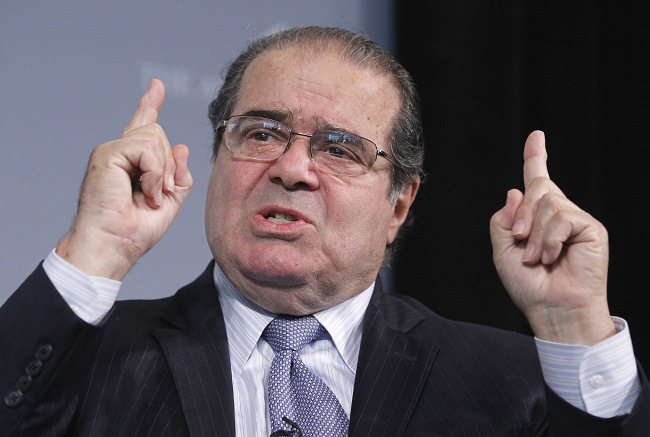
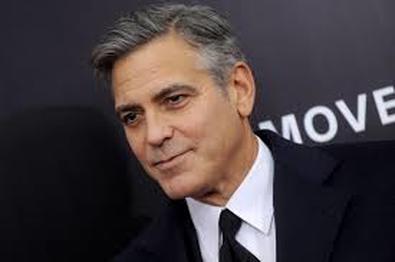
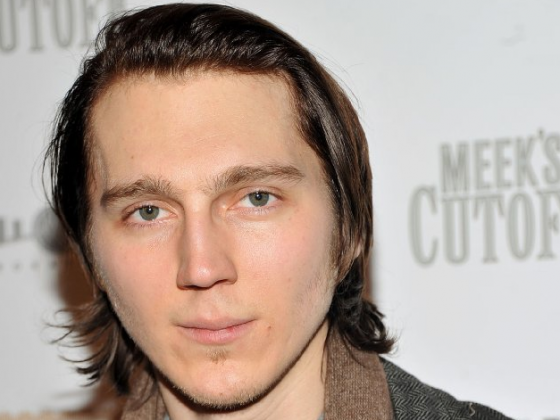
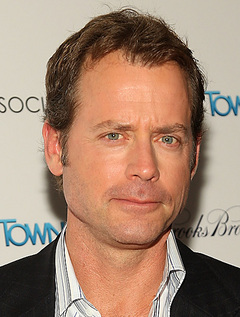
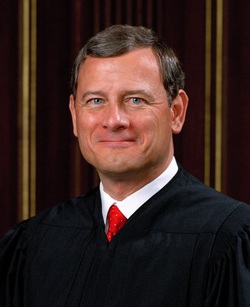
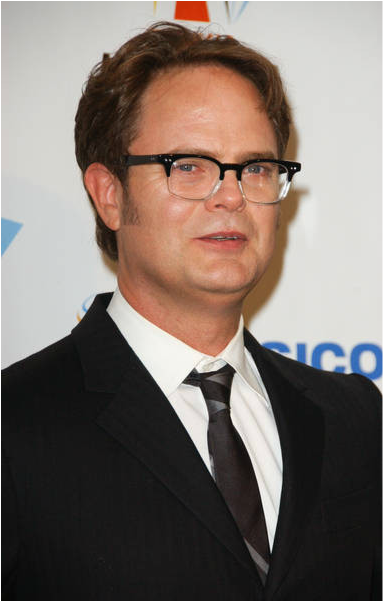
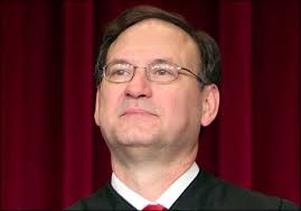
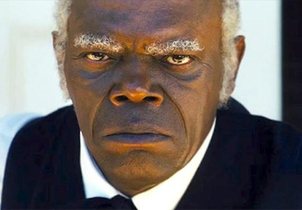
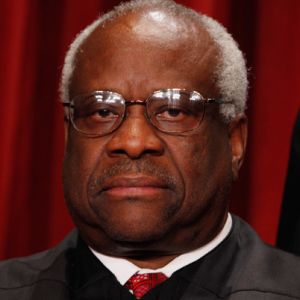
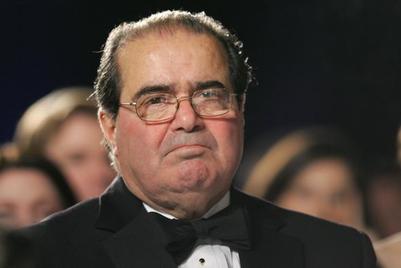
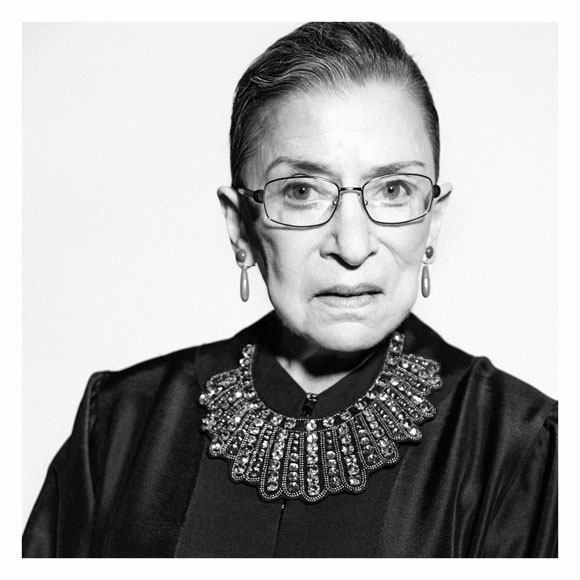
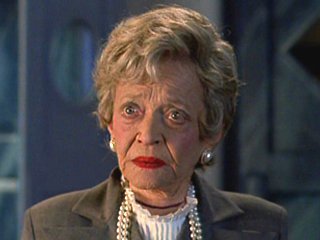
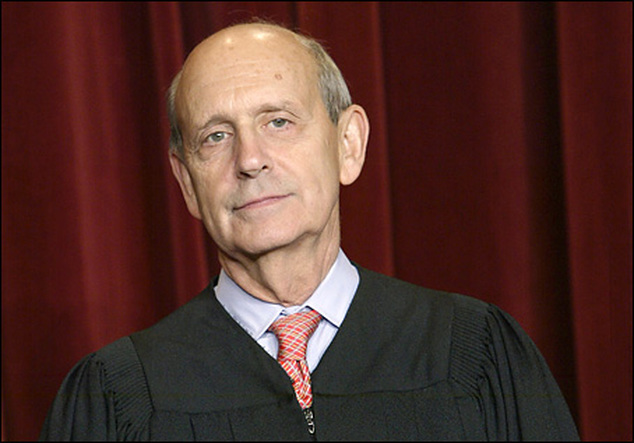
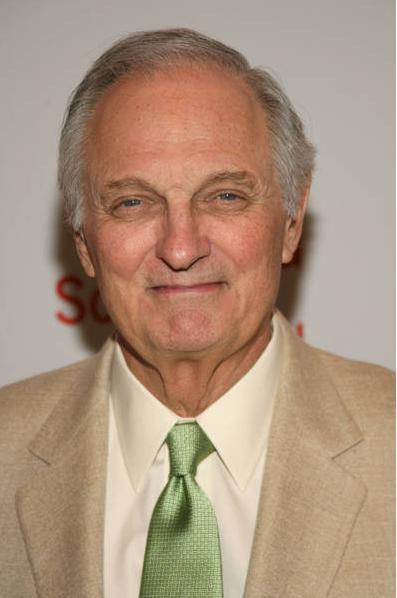
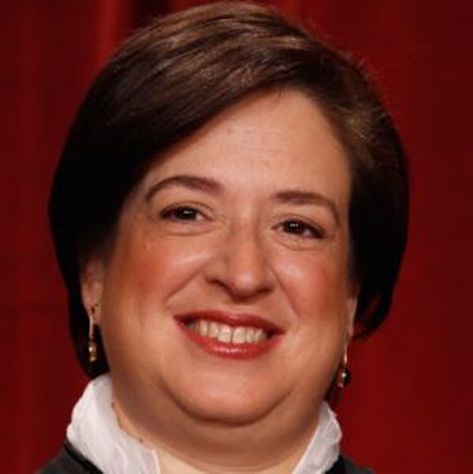

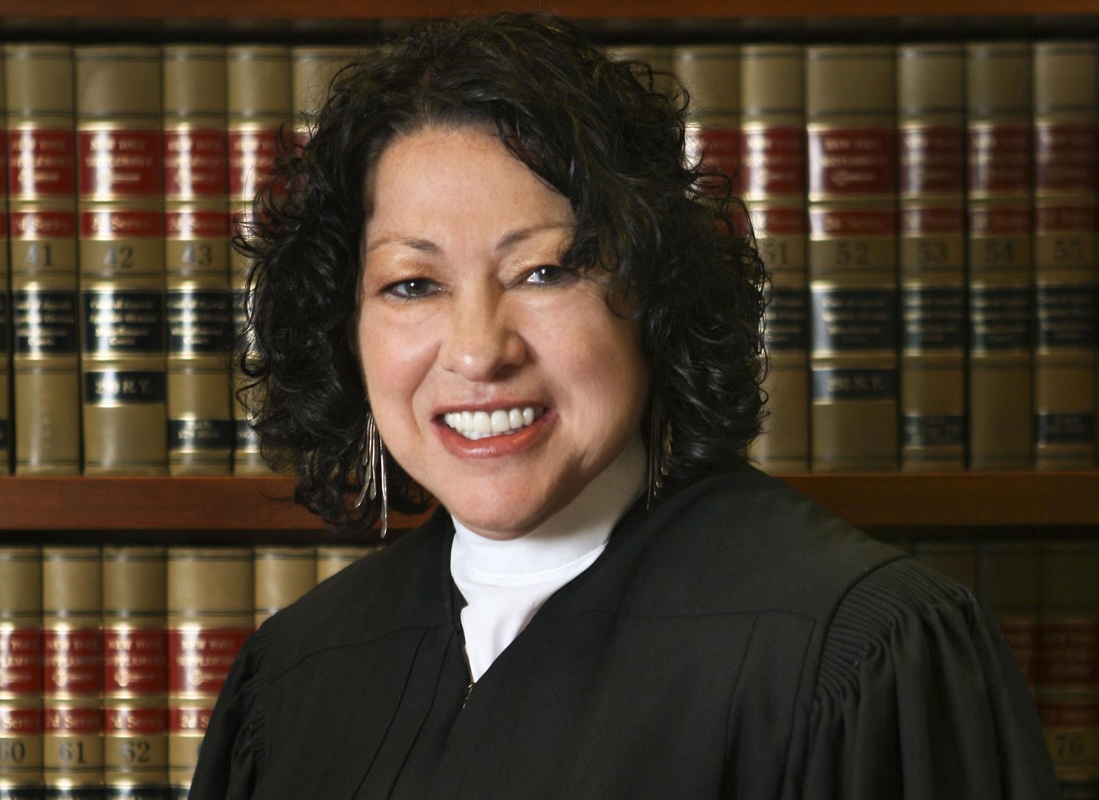
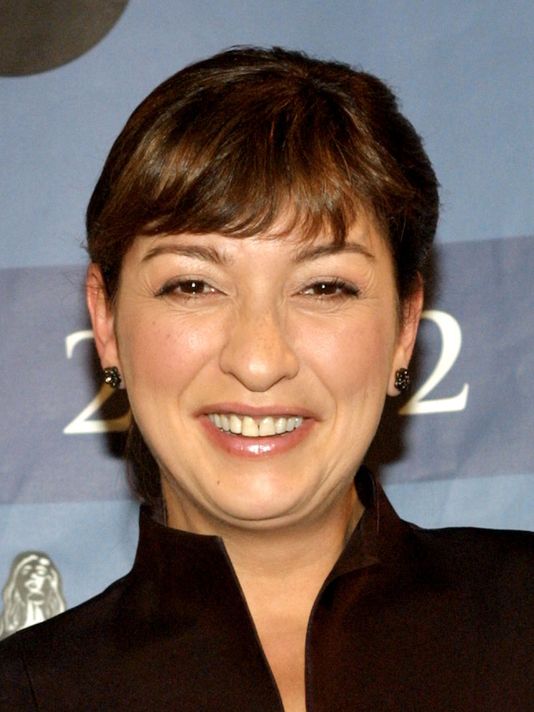
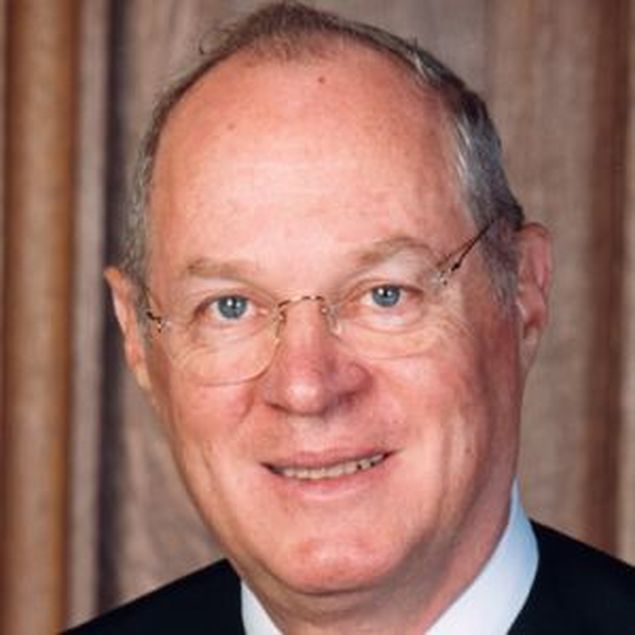
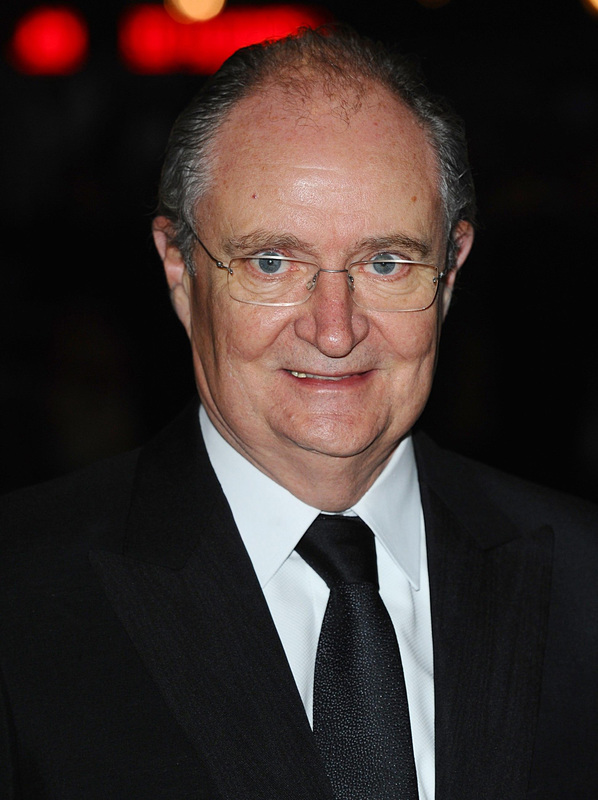


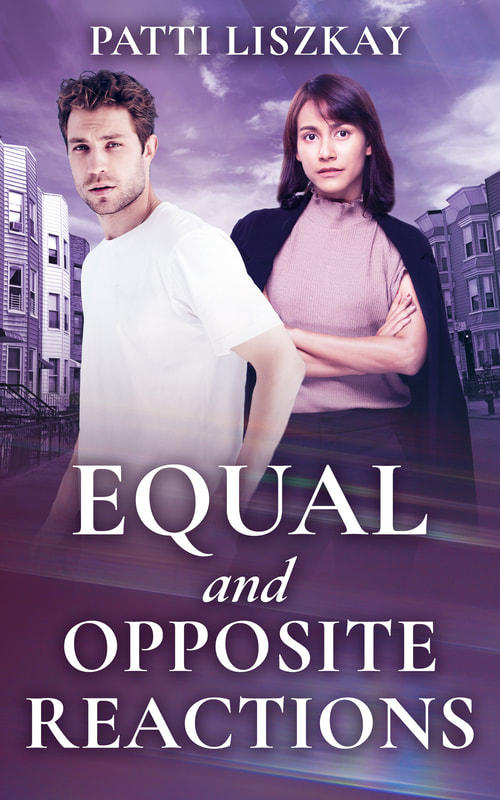
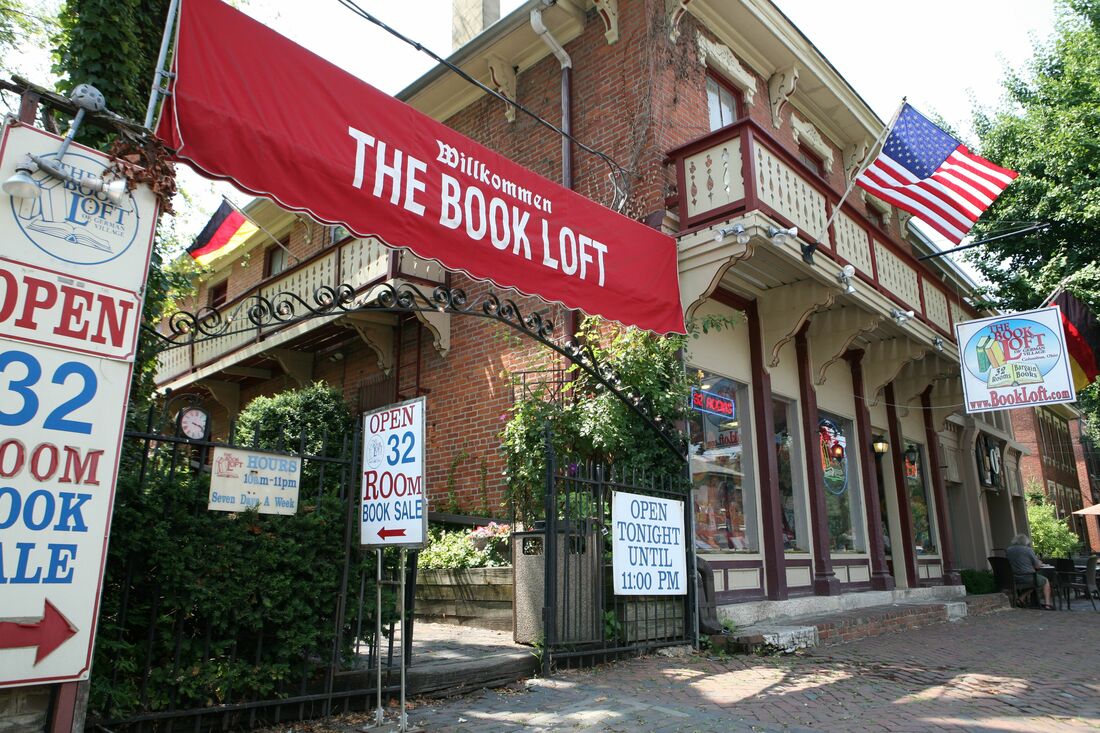

 RSS Feed
RSS Feed